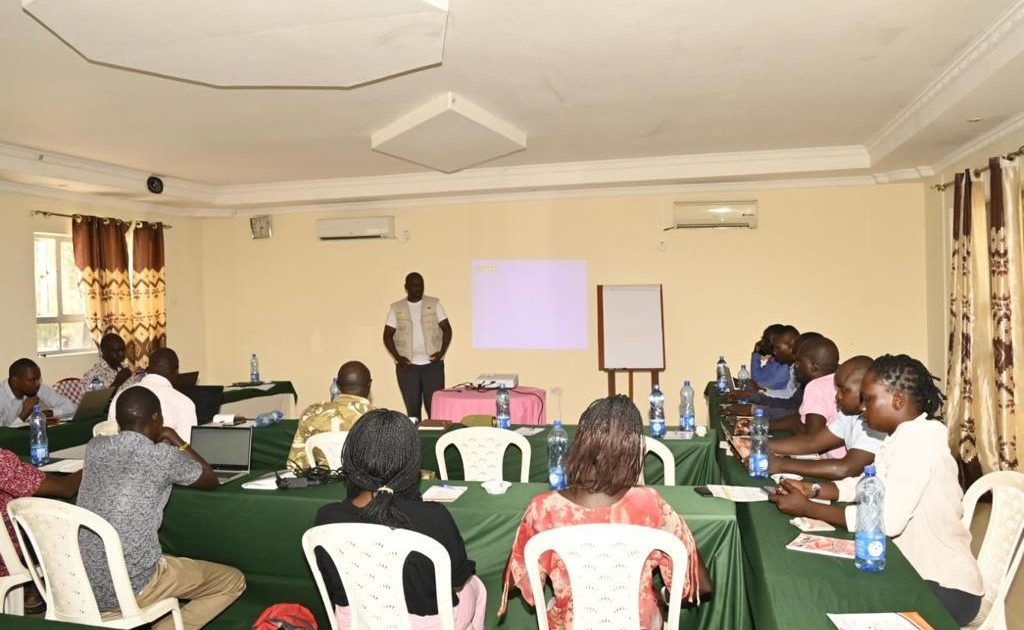Turkana County has taken steps to combat the destructive and invasive plant species Prosopis Juliflora, locally known as “Etirae” by unveiling an ambitious ten-year plan.
Chief Officer for Environment, Climate Change, and Natural Resources Joseph Ekalale said the initiative aims at freeing the region from the clutches of this menace through strategic collaborations with state and non-state actors.
The proposed plan, developed in conjunction with the National Environment Management Authority (NEMA), Kenya Forestry Service (KFS), Kenya Forestry Research Institute (KEFRI), and World Vision, aligns efforts to eliminate the invasive species.
“The invasive “Etirae” plant has caused substantial land degradation and destruction of water sources. In addition, it has led to biodiversity loss and intensified the negative impact of climate change, contributing to human-wildlife and human-human conflicts,” Ekalale said.
During the plan’s formulation workshop, Deputy Director for Climate Change Mr. Thomas Kiyonga and Natural Resources Boaz Ekiru led the participants in outlining a comprehensive guide to combat the invasive species, scientifically known as Prosophis Juliflora, in line with the National Strategy and Action Plan.
The successful execution of this plan is anticipated to bring relief to the communities severely affected by the Etirae menace. By mobilising the support of the County Assembly and other partners, Turkana strives to regain control over its environment, ensuring the sustainability of its natural resources for generations to come.
The plant was introduced in Turkana in 1979 as a Government initiative to control soil erosion and provide wood and fodder for animals. However, it has since turned into an environmental menace, a challenge that has been reported in other parts of the globe as well.
By Peter Gitonga




